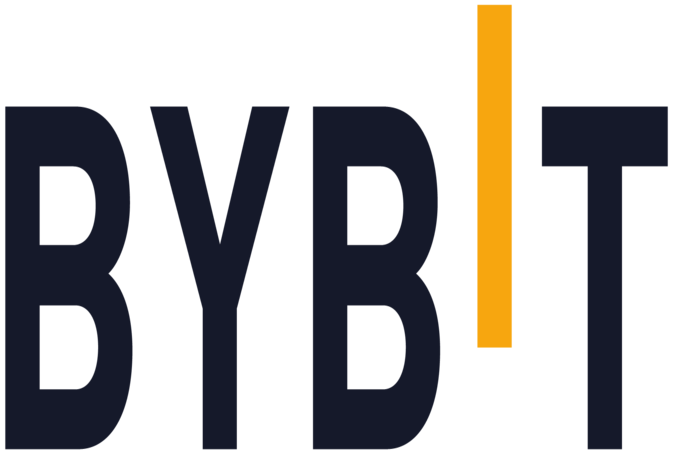A week after suggesting people eat rocks and put glue on pizza, Google has acknowledged the need to adjust its new generative AI search feature. This incident underscores the risks of Google’s push to commercialize generative AI and the limitations of the technology itself.
Google’s AI Overviews feature leverages Gemini, a large language model similar to OpenAI’s ChatGPT, to generate written responses to certain search queries by summarizing online information. While LLMs excel at text fluency, they can also inadvertently propagate falsehoods. Summarizing online information with this technology can simplify search results, but it becomes hazardous when dealing with contradictory sources or when users rely on the information for important decisions.
Richard Socher, an AI researcher behind the AI-centric search engine You.com, notes that taming LLMs requires significant effort due to the technology’s lack of real-world understanding and the prevalence of unreliable online information. Google’s head of search Liz Reid mentioned in a blog post that extensive testing was done before launching AI Overviews, but errors like the rock-eating and glue-pizza incidents led to additional adjustments to improve the system’s accuracy.
You.com, according to Socher, avoids the errors seen in Google’s AI Overviews through various strategies aimed at enhancing accuracy. Despite these efforts, AI search remains challenging, as evidenced by occasional missteps. Google’s generative AI upgrade reflects a broader trend in the tech industry following OpenAI’s release of ChatGPT, with Microsoft also upgrading Bing using similar technology.
Experts have expressed surprise at Google’s rushed AI upgrade, particularly for sensitive queries like medical or financial information. Barry Schwartz from Search Engine Land suggests that Google should have anticipated intentional efforts to mislead the AI system. Search engine optimization consultant Lily Ray, a former beta tester for Google’s Search Generative Experience, acknowledges the inherent limitations of AI and the difficulty in achieving perfection.
Source link





















